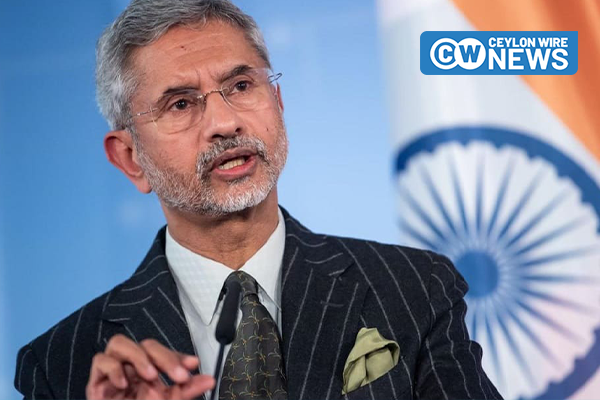Dr. S. Jaishankar, India’s External Affairs Minister, has emphasized the historical context and present-day challenges stemming from the 1974 Maritime Boundary Agreement between India and Sri Lanka.
Speaking on the subject, Dr. Jaishankar highlighted the importance of comprehending the nuances of this agreement and its ramifications for both nations, particularly concerning the fishing communities.
The 1974 agreement delineated the maritime boundary between India and Sri Lanka, with Katchatheevu falling under Sri Lankan jurisdiction. However, Dr. Jaishankar highlighted three crucial clauses within the agreement. Firstly, it affirmed each country’s sovereignty and exclusive control over the waters. Secondly, it ensured continued access for Indian fishermen to Katchatheevu without requiring travel documents. Lastly, it established reciprocal rights for the vessels of both nations in each other’s waters.
Dr. Jaishankar also referenced subsequent developments, including an exchange of letters less than two years later, which established exclusive economic zones for both countries. This arrangement granted sovereign rights over resources within their respective zones, while Indian fishermen were prohibited from fishing in certain designated areas of Sri Lanka’s waters.
Addressing the consequences of these agreements, Dr. Jaishankar highlighted a significant increase in the detentions and seizures of Indian fishermen and fishing vessels by Sri Lanka. Over the past two decades, 6184 Indian fishermen and 1175 fishing vessels have been detained by Sri Lankan authorities.
Dr. Jaishankar stressed the ongoing relevance of this issue, noting its continuous debate in Indian parliamentary discussions and within Tamil Nadu circles. He pointed out that major political parties in Tamil Nadu have taken a stance on the matter, with the Katchatheevu and fishermen issues featuring prominently in their agendas.
In a notable critique, Dr. Jaishankar criticized certain political parties, namely the Congress and the DMK, for seemingly absolving themselves of responsibility in addressing the issue. He urged all stakeholders to recognize the urgency of resolving the maritime boundary dispute and its impact on the livelihoods of Indian fishermen.









